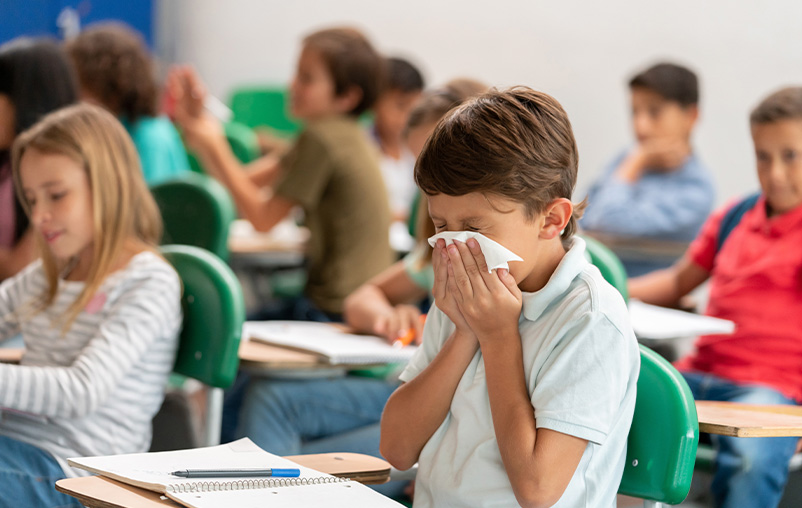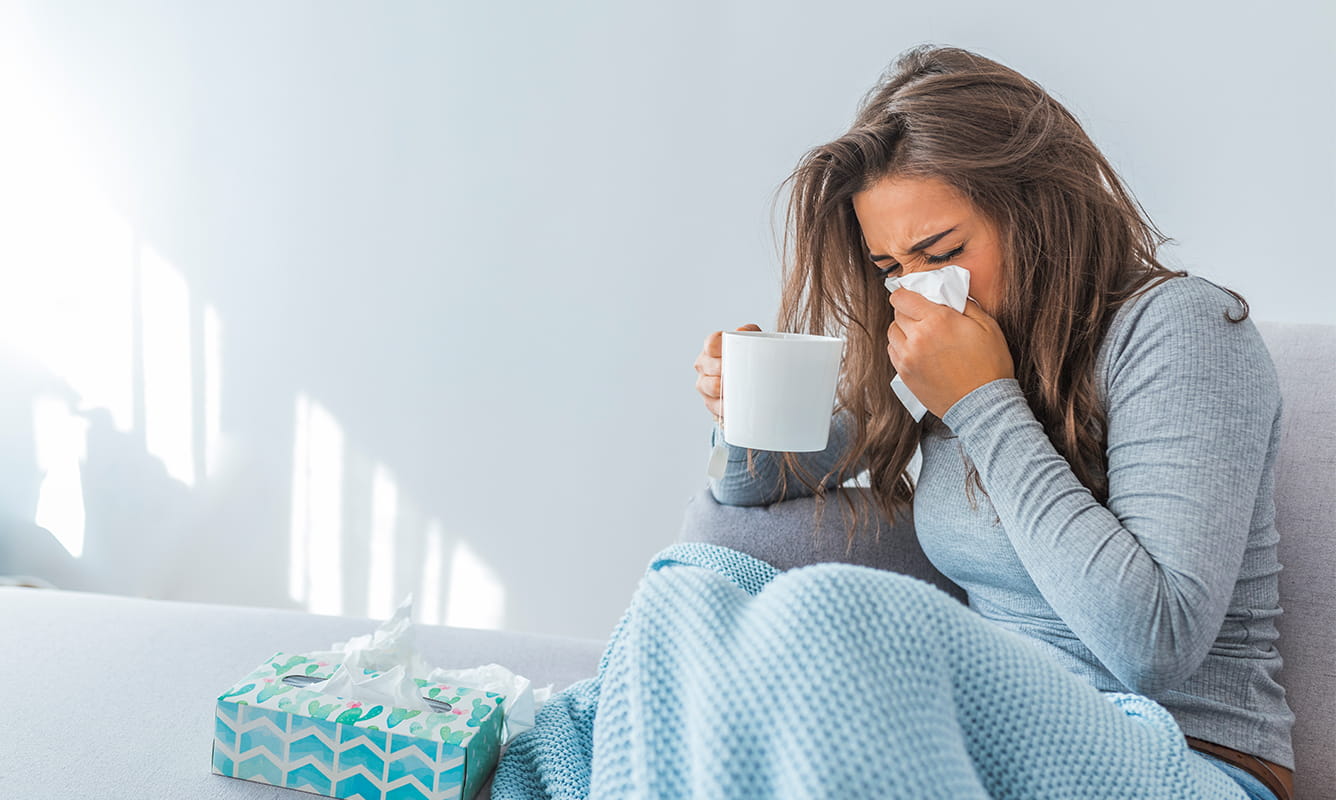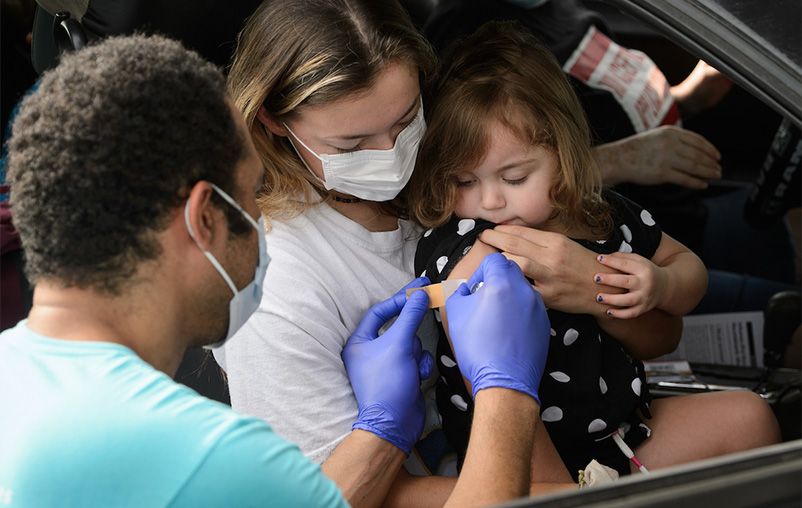If you're sick and have been diagnosed with COVID-19 or you think you might have COVID-19 because you've been exposed to someone with the virus, there are important measures you can take to help prevent the disease from spreading to people in your home and community.
Symptoms of COVID-19
The most common symptoms of COVID-19 are fever, cough and shortness of breath. Some people have other symptoms to include sore throat, nausea, muscle aches, loss of taste or smell. If you have been exposed to someone with laboratory confirmed COVID-19 and are experiencing fever with either cough or shortness of breath, you may have COVID-19. You can contact your doctor to see if you need to be tested. If you test positive for COVID-19 or are suspected to have the virus, but don't get tested - you should follow the below instructions.
Stay home except to get medical care
You should restrict activities outside your home, except for getting medical care. Don't go to work, school or public areas. Avoid using public transportation, ride-sharing or taxis.
Separate yourself from other family members and animals in your home
People: As much as possible, you should stay in a specific room and away from other people in your home. Also, you should use a separate bathroom, if available.
Animals: You should restrict contact with pets and other animals while sick. When possible, have another member of your household care for your animals while you are sick; if you must care for your pet, wash your hands before and after you interact with pets and wear a facemask.
Call ahead before visiting your doctor
If you have a medical appointment, call the healthcare provider and tell them that you have or may have COVID-19. This will help the healthcare provider’s office take steps to keep other people from getting infected or exposed.
Wear a face mask
You should wear a face mask when you're around other people (e.g., sharing a room or vehicle) or pets and before you enter a healthcare provider’s office. If you're not able to wear a face mask - for any reason - then people who live with you, should not be in the same room with you or they should wear a face mask when they enter your room.
Cover your coughs and sneezes
Cover your mouth and nose with a tissue when you cough or sneeze. Throw used tissues in a lined trash can and immediately wash your hands.
Clean your hands often
Wash your hands often with soap and water for at least 20 seconds. If soap and water are not available, clean your hands with an alcohol-based hand sanitizer that contains at least 60% alcohol, covering all surfaces of your hands and rubbing them together until they feel dry. Soap and water is preferred if hands are visibly dirty. Avoid touching your eyes, nose and mouth with unwashed hands.
Avoid sharing personal household items
You should not share dishes, drinking glasses, cups, eating utensils, towels or bedding with other people or pets in your home. After using these items, they should be washed thoroughly with soap and water.
Clean all “high-touch” surfaces every day
High touch surfaces include counters, tabletops, doorknobs, bathroom fixtures, toilets, phones, keyboards, tablets, and bedside tables. Also, clean any surfaces that may have blood, stool or body fluids on them. Use a household cleaning spray or wipe, according to the label instructions. Labels contain instructions for safe and effective use of the cleaning product including precautions you should take when applying the product, such as wearing gloves and making sure you have good ventilation during use of the product.
Monitor your symptoms
Seek prompt medical attention if your illness worsens, such as having difficulty breathing. Before seeking care, call your healthcare provider and tell them that you are being evaluated for COVID-19. Put on a face mask before you enter the facility. These steps will help the healthcare provider’s office to keep other people in the office or waiting room from getting infected or exposed.
Ask your healthcare provider to call the local or state health department to discuss your situation
If you have a medical emergency and need to call 911, notify the dispatch personnel that you have or may have COVID-19. If possible, put on a face mask before emergency medical services arrive.
Discontinuing home isolation and returning to work
Check with your employer about return to work instructions if you suspect you have been exposed to COVID-19 or you have tested positive.
And please, if you test positive for COVID-19 and you receive a call from a 210-207 number, please answer this important call. You are being contacted to help identify and locate anyone that you might have unknowingly exposed. We need to work together as a community to stop the spread of this virus.
The Centers for Disease Control and Prevention are a great resource for the latest information and guidelines on caring for yourself, caring for someone else with COVID-19, how to disinfect your home and more.




